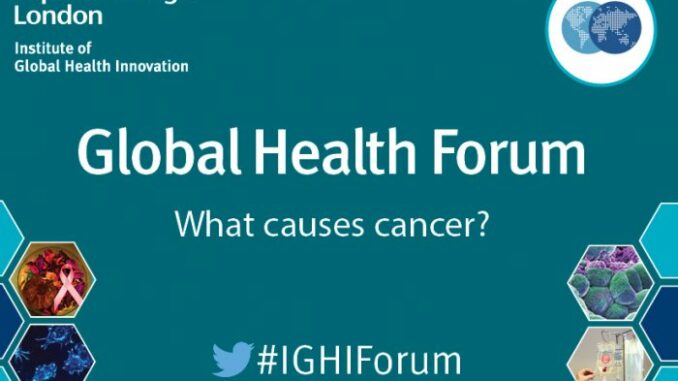
A groundbreaking study has revealed that nearly one in six cancer medications available in four sub-Saharan African nations — Ethiopia, Kenya, Malawi, and Cameroon — is defective, posing a serious threat to treatment outcomes across the region.
Published in The Lancet Global Health, the research found that 17% of 251 tested cancer drug samples had incorrect levels of active pharmaceutical ingredients (API), with some containing as little as 28% or as much as 120% of the stated dosage. These discrepancies can render treatment ineffective or dangerously toxic. Patients who receive insufficient dosages of these ingredients could see their tumors keep growing, and possibly even spread. Lutz Heide from University of Tübingen in Germany, who had previously worked for the Somali Health Ministry, hailed the research as “a first, really significant systematic study of this area,” adding that “I was not surprised by these results.” The faulty drugs were found across both public hospitals and private pharmacies.
Visual inspections — often the only method available — detected just 25% of the faulty medications. Most defects were uncovered only through laboratory analysis, which many African countries lack the capacity to conduct. Experts say the findings point to deeper systemic issues, including weak regulation, inadequate manufacturing standards, and unsafe storage. Health economist Sachiko Ozawa warned that poor-quality medicines contribute not only to treatment failure but also to economic loss. The World Health Organization (WTO) is now working with affected nations to strengthen regulatory frameworks. But researchers stress that without better testing infrastructure, patients will continue to suffer silently from invisible and deadly failures in their treatment.
